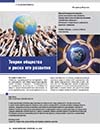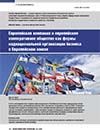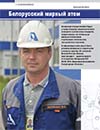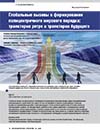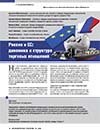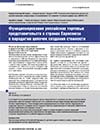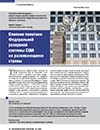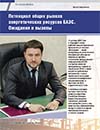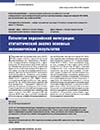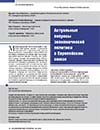Theories of Society and Risks of Its Development
DOI: 10.33917/es-2.168.2020.124-133
The article deals with various types of characteristics of society and its sphere of activity. Various types and groups of theories of society development are studied. It is revealed — what values are laid by scientific schools in the life of society. Global problems and contradictions, which are a brake and at the same time a stimulus for its development, are defined. The planetary scheme of interrelations and mutual influence of global risks for society is developed. The gradation of modern problems of society from risks with the indication of the main problems of social and economic character is carried out. The separate directions of development of society and tools which reduce emergence and development of risks for it are considered



